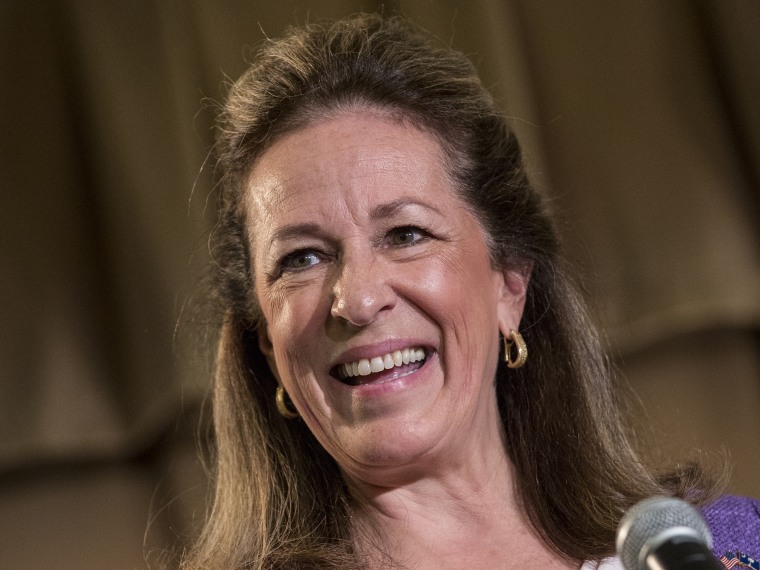Tuesday’s South Carolina special election may seem like the most important event in politics this week, but in months it may well be just an asterisk in the congressional history books.
Special elections are, by their very nature, special. But no matter who prevails in the deadlocked race in the Palmetto State, expect the winning party to seize the upset victory to make larger claims or mandates beyond this special election.
To Democrats, a Mark Sanford loss would be a stinging rebuke of another embattled Republican in a solidly red district to a Democrat who promises a bipartisan tack. To Republicans, an Elizabeth Colbert Busch loss would be evidence that it’s Nancy Pelosi who may be more unpopular even in the face of their flawed nominee, and that an abundance of Democratic money can’t move such GOP seats to their column.
In the case of the Palmetto State showdown, good luck finding another set of circumstances as bizarre as this one. And even each party may not be thrilled by their win—Democrats would have a tough time defending the seat in 2014, and Republicans wouldn't be upset if Sanford's name never appeared on the ballot again.
While this South Carolina showdown has been more about personality than policy, special elections may oftentimes serve as snapshots in time of the current political culture.
In the 2009 contest in New York’s 23rd Election, Democrat Bill Owens won a Republican district thanks to a fissure in the Republicn side as factions accused the GOP nominee, Dede Scozzafava, as being too liberal. Scozzafava withdrew just before Election Day, endorsing the Democrat. But the growing divide within the Republican Party was prescient—the Tea Party movement was bubbling up, and while Republicans still won big overall in 2010, the conservative vs. establishment divide is one that still plagues the party.
In the May 2010 Pennsylvania special election to succeed the late John Murtha, the Democrat’s former aide Mark Critz won in the swing district over Republican Tim Burns just months before the 2010 elections. The win was seen as a promising sign for Democrats—but they ended up losing 63 seats that November. Critz won the 2010 general, but lost in 2012.
And in New York in 2011, when GOP Rep. Chris Lee resigned after a sex scandal, Democrat Kathy Hochul seized on the recent Ryan budget that would have overhauled Medicare. Hochul prevailed over GOP nominee Jane Corwin in the right-leaning district, but thanks in part to a third party candidate that split the vote. Nonetheless, Democrats saw the Medicare rallying cry as evidence they could take back the House in 2012—and they did not.
In the high-profile 2011 special election to succeed New York Democrat Anthony Weiner, Republican Bob Turner seized on President Obama’s policies toward Israel to rally Jewish voters in the district over Democrat David Weprin, who was himself an Orthodox Jew. Turner won over Weprin, who Democrats grumbled was an inept candidate, but saw his district eliminated in redistricting, and he lost a GOP primary for Senate, too.
Most of these upset special elections had another thing in common: a flawed nominee. Scozzafava was seen as too liberal by many in the GOP base. Corwin never addressed the Medicare issue until too late and often seemed out of touch on the campaign trail. And for Democrats, Weprin seemed aloof and too passive, and was more of a compromise pick who would step aside for other Democrats in case his district was eliminated in redistricting.
Other elections, too, have been more oddity than predictor. A 2010 Hawaii special election allowed Republican Charles Djou to capture a Democratic seat, thanks to a quirky three-way all-party race with two Democrats on the ballot who split the vote. Djou swiftly lost in the general election.
If she wins, Colbert Busch will probably end up being another asterisk in the history books, like Djou, Hochul and Turner. If Sanford wins, it will be an unlikely comeback story, and Democrats will try to point to him as another flawed Republican. In the end, neither will have much real bearing on how the 2014 midterms take shape.
